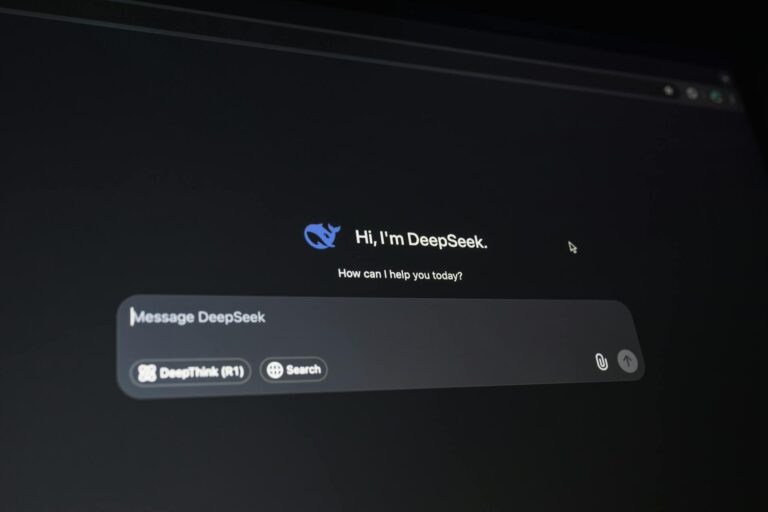
UK and European companies are gaining new tools to verify identity and combat the most common cyberthreat – fraud.
While AI deepfakes are already in the wild, AI is also being deployed successfully to spot these and other high-tech devices that threaten consumer identities and bank balances as well as business operations. As technology evolves, organisations have access to even better identity verification and data security solutions to stay agile against new threats.
Cyber fraud costs billions across Europe and the UK and is one of the most pressing issues companies face. Compromised identities cannot be prevented or quickly solved, no matter the budget, without a measure of digital agility.
Agility, AI and the impact on ID
While deepfakes are on the rise, there are advanced digital identity verification solutions to safeguard against identity theft by managing identity proofing and authentication. These solutions employ capabilities such as AI-enabled biometric liveness detection, verification of most identity documentation, knowledge-based authentication, and electronic ID verification. Such features make it very difficult to pretend to be someone else. With liveness detection having users perform a task on camera to prove both their humanity and presence in the here and now, the chances are drastically reduced that a deepfake can get past.
Considering the risks of digital crimes and to enable citizens to get the most from digital experiences, the EU has put advanced digital ID measures in place. The European Digital Identity Framework Regulation of 2024 gives every EU citizen and resident the right to a digital identity that is recognized across the EU. This provides a simple and safe way to control how much information they share with organisations and services.
In the UK, the new Government will introduce a Digital Information and Smart Data Bill allowing citizens to use digital ID for a greater number of services.
As countries develop their own individual regulations focused on protecting consumers and creating fair and unbiased outcomes, doing business across boundaries requires companies to embrace robust standards and proactive practices to meet those various regulatory requirements. Strong user verification with modern features like liveness detection support high standards are acceptable across all markets, allowing an agile response to managing customers in any regulatory regime.
Firms must ensure that their identity solutions are agile enough to securely offer the ability to certify each data point, to only share needed data points on a per use case basis. The primary goal is to deliver trust in digital services, which means safeguarding personal information and processing data transparently.
Trust, data privacy & digital transformation
The impact of fraud on the economy and the lives of those touched by it is too large to ignore. Businesses must evolve their defences to protect consumer identities and personal data in a changing digital landscape, as well as their profits.
However, no matter how secure identity and security solutions are, consumer adoption depends on perceived value, trust, and user experience. It’s up to providers to also create an efficient ‘flow’ for digital transactions, and to understand and come to terms with the fact that AI and manual verification both make trade-offs in security and experience. Once again, this hinges on a level of agility gained by mature digital operations.
AI is helping improve cybersecurity and business operations. There are mature and widely available AI tools supporting monitoring and identifying of ‘shadow’ data, inappropriate access requests, as well as alerting for suspicious activity and automating incident response and triage. AI provides value in pattern-spotting and prioritising threats and activities according to rules-based programming, which is why it can save time and closely follow compliance, ensuring higher standards of accuracy.
These risk analyses and remediation functions massively help protect organisations from breaches, phishing, malware and other activities. The speed and agility in managing operations that AI brings can reduce fraud costs and simplify user experiences by using many types of analysis to verify actions, such as confirming a user is who they claim and that they have appropriate permissions to access their company or account information.
The need for robust digital identity integration
A lack of robust digital identity integration is a missing link on the road to organisations becoming more operationally mature — able to provide fast, end-to-end digital services to customers that work across platforms. Traditional identity verification steps are slow and put a great onus on users to take offline steps, such as posting documents, creating friction.
With a totally digital experience the organisation has greater control over its own security and compliance stance and can smooth out the friction from crucial elements of AML and KYC. Additionally, intelligent tools such as liveness detection get around fraudsters even using AI image generation, using biometrics checks to compare photos on identity documents and video selfies, as part of the verification. This proves users are who they say, and that they are using genuine documents. These AI-powered tools improve the digital experience for the user and reduce failure rates and manual steps for the business.
Defeating cybercrime and fraud
Security and anti-fraud defences are critical, but they don’t need to be a ‘grudge’ implementation. The digital experience is holistic, the right AI tools strengthen the business across multiple domains. More agile solutions offer stronger business delivery that satisfies customers and even makes more use of company data in business analytics to drive greater impact. Teaching customers how to make the most of these services, and to protect and secure their own world, is key, and AI solutions can help all parties as an extra layer of risk management and automated execution to speed customer processes.
AI, digital experience, and identity come together to tackle fraud and other cyber-threats and create something more than the sum of their parts: The holistic, modern agile enterprise.

Maxime Hambersin
Maxime Hambersin is Senior Director of Product Management International at DocuSign.


